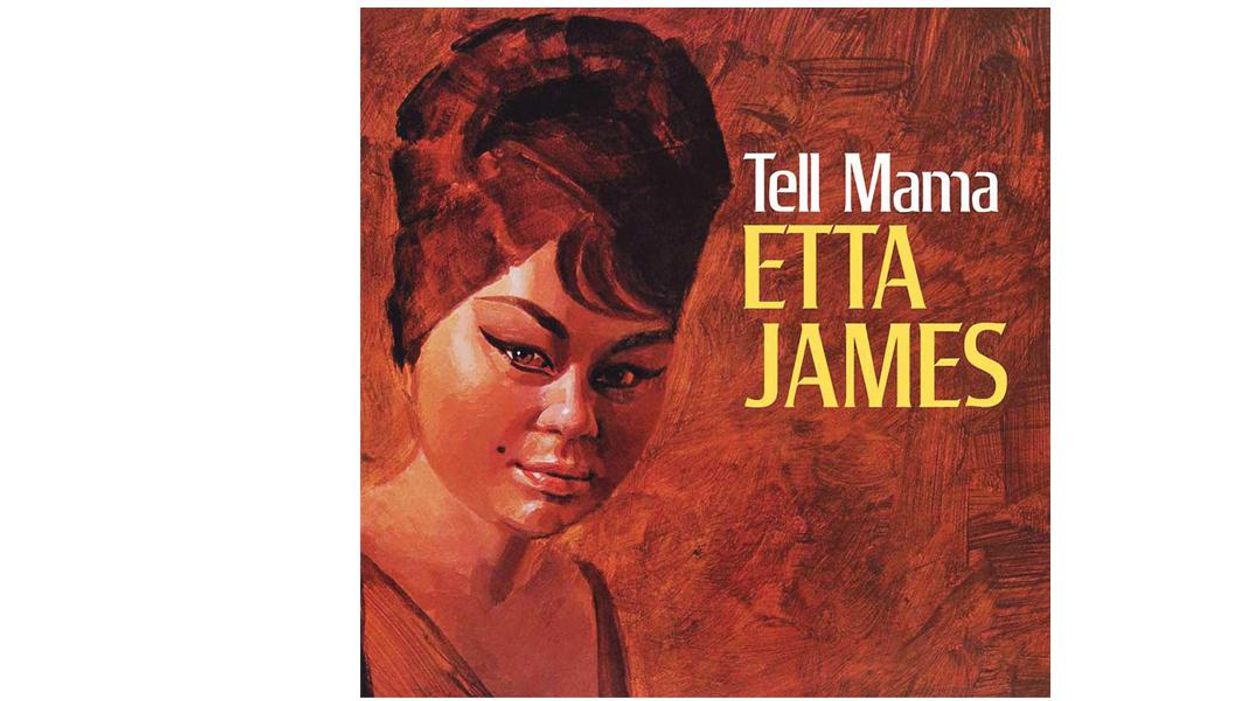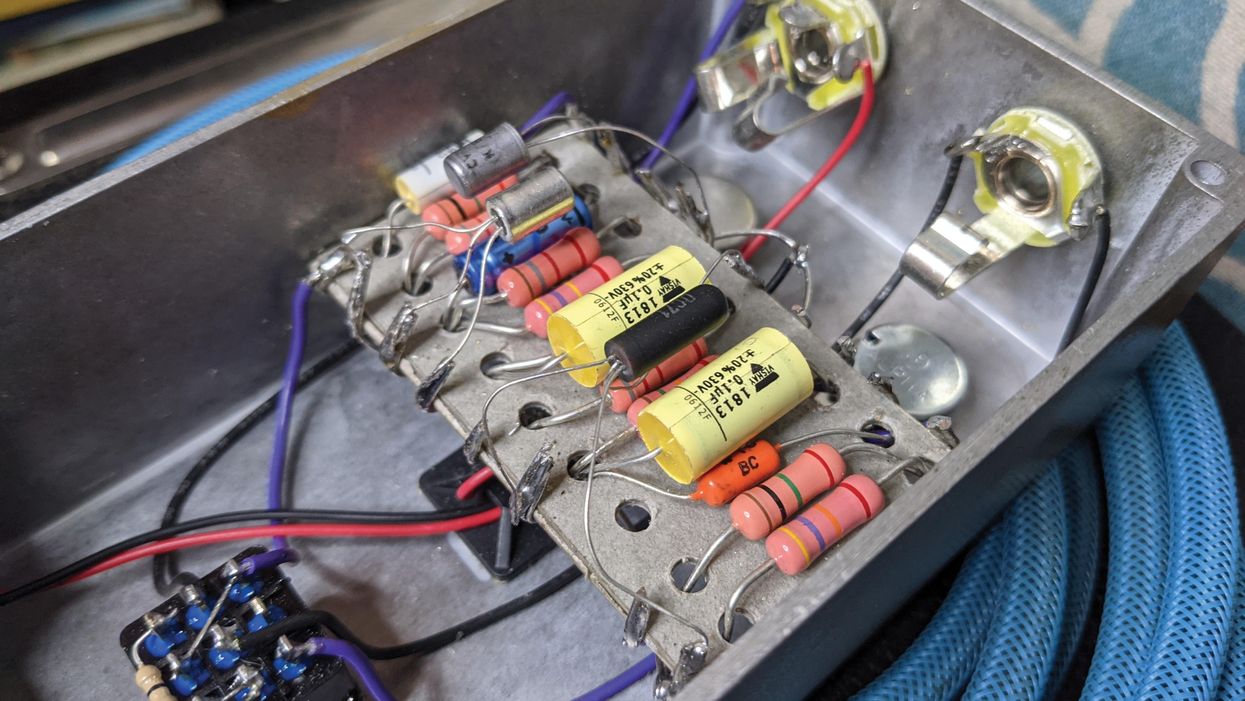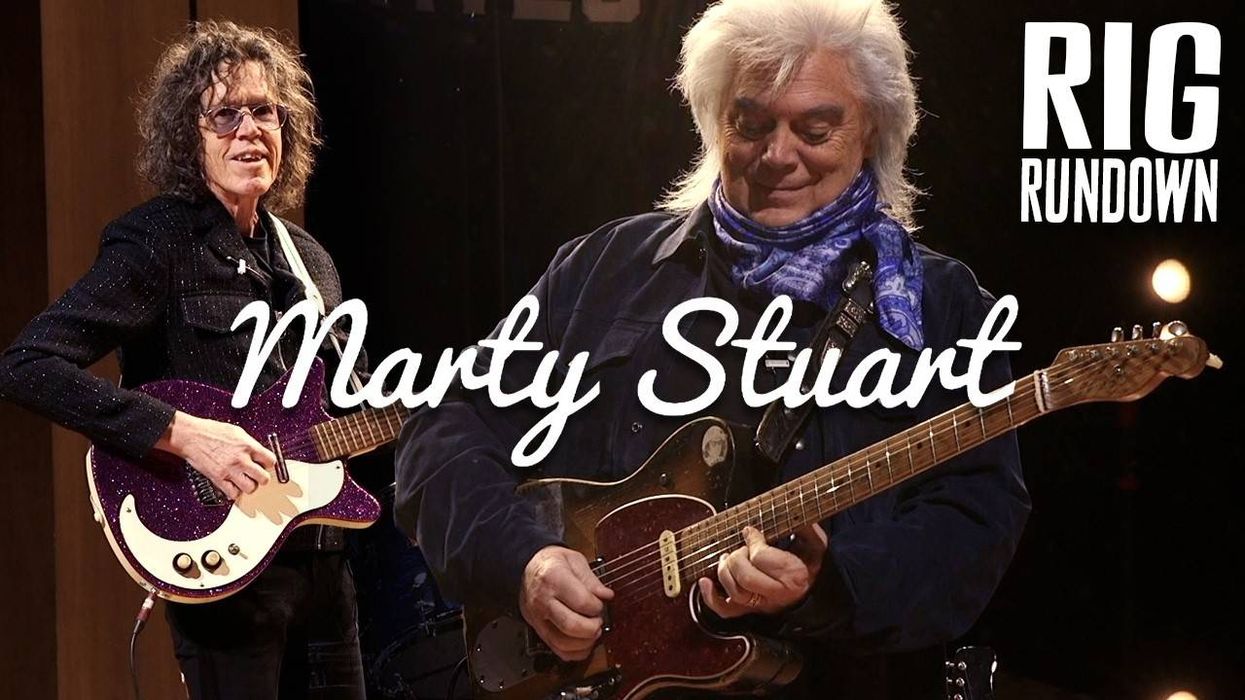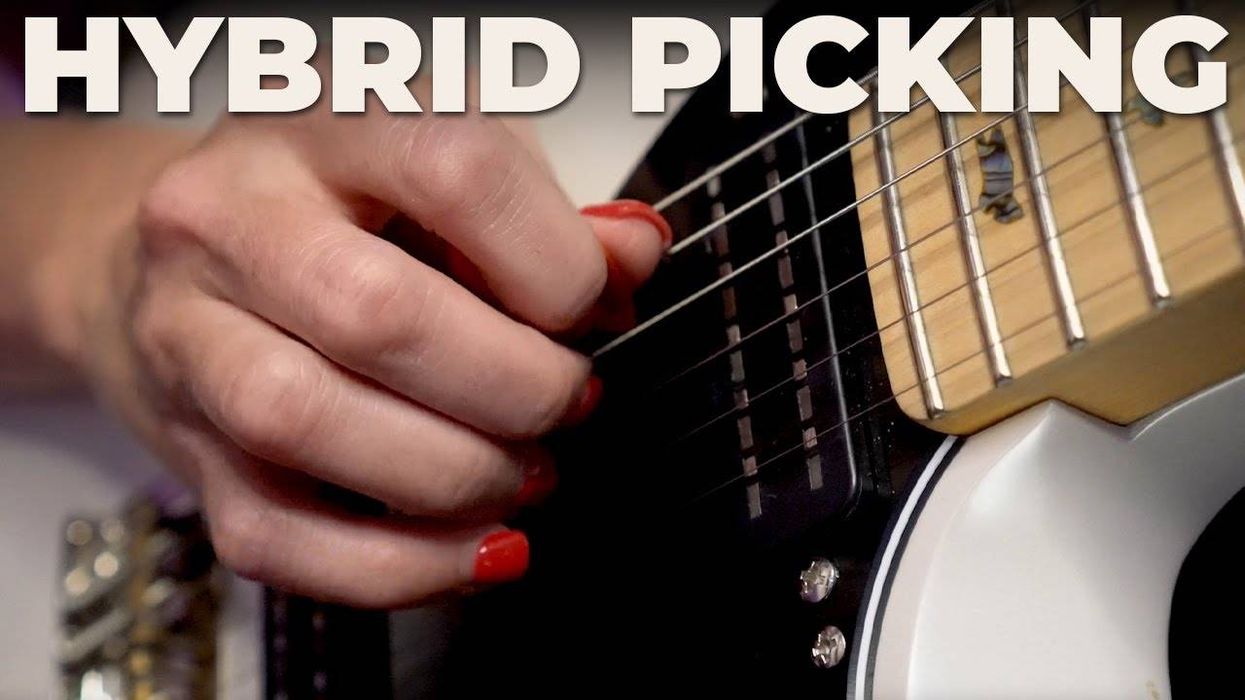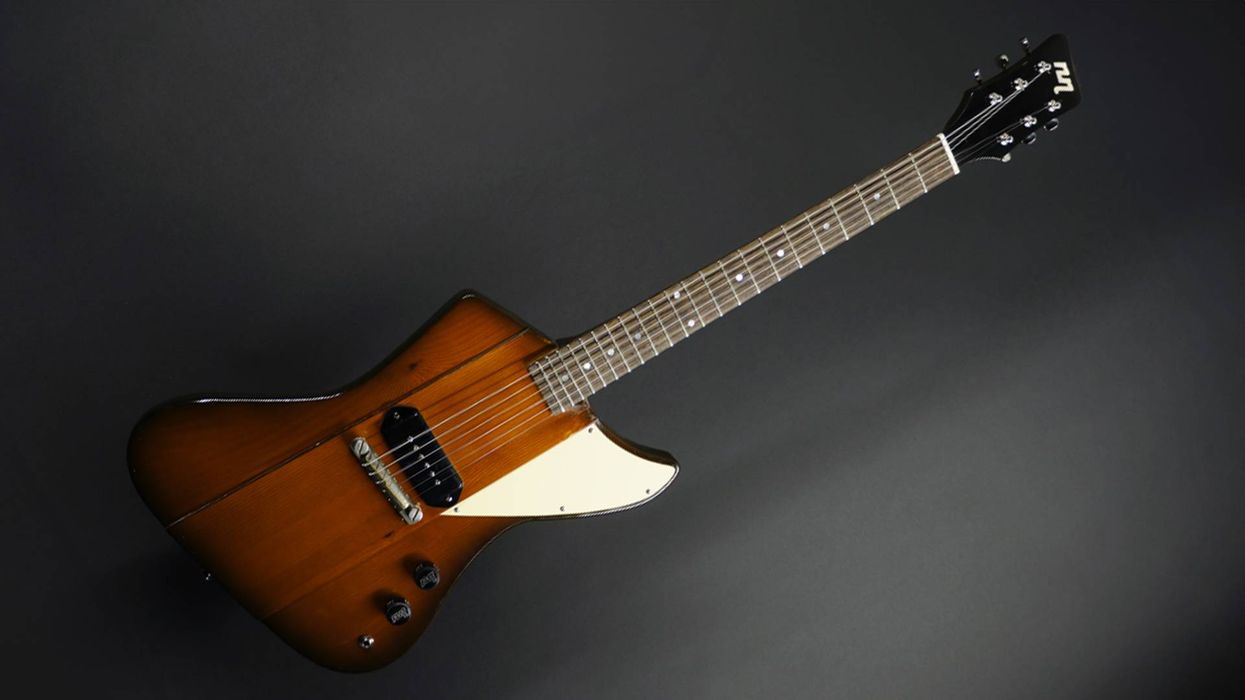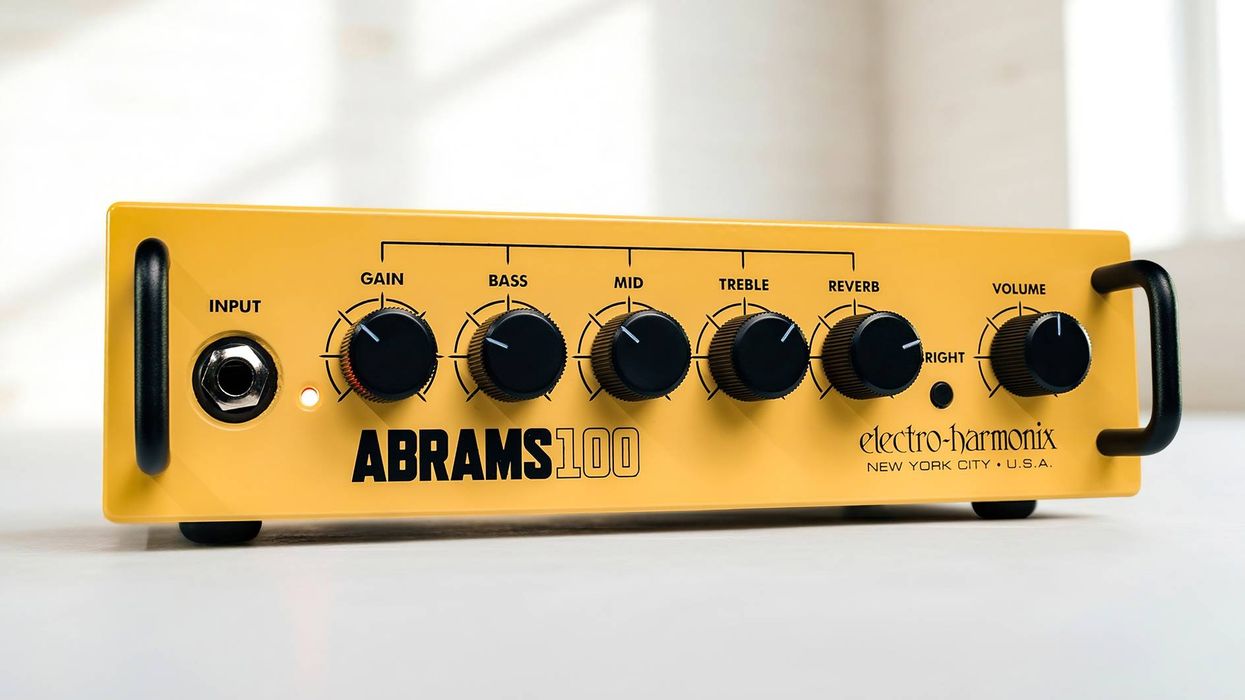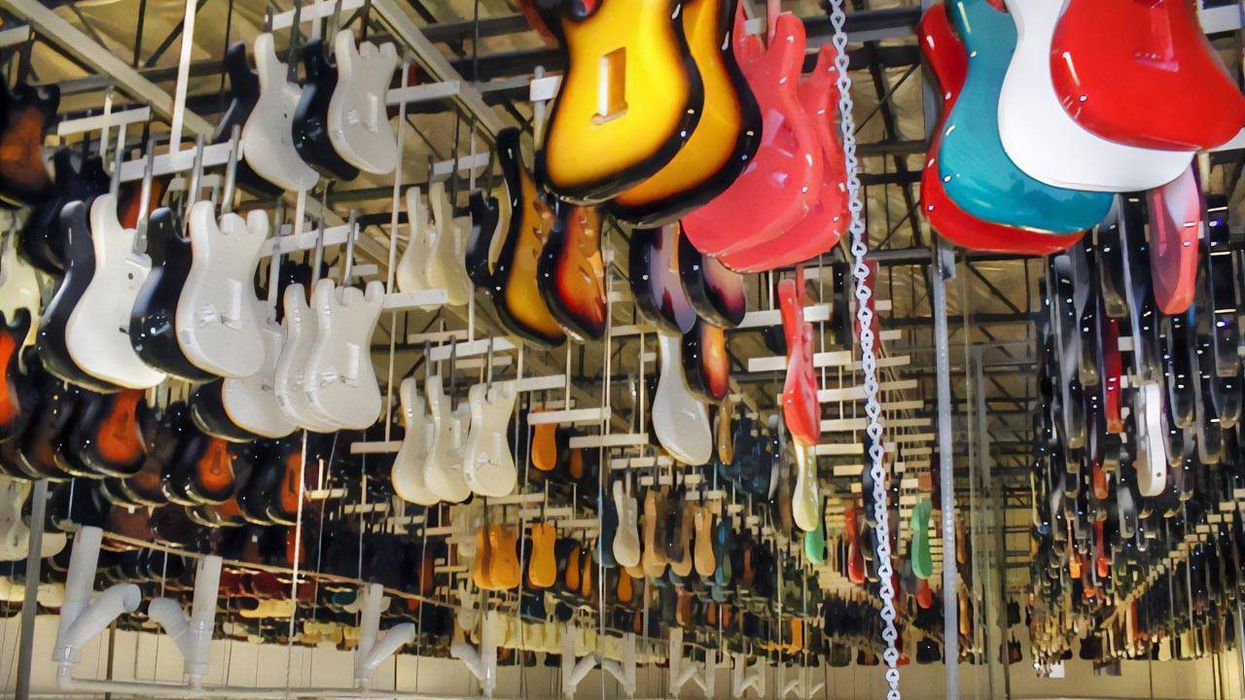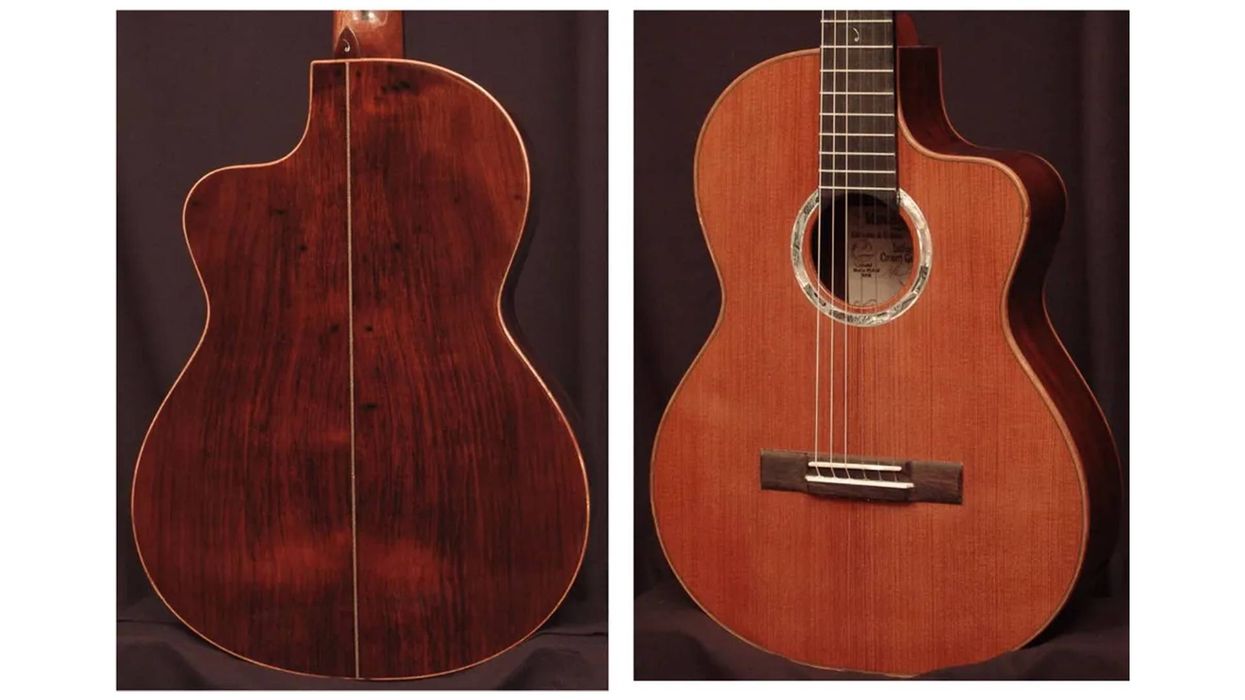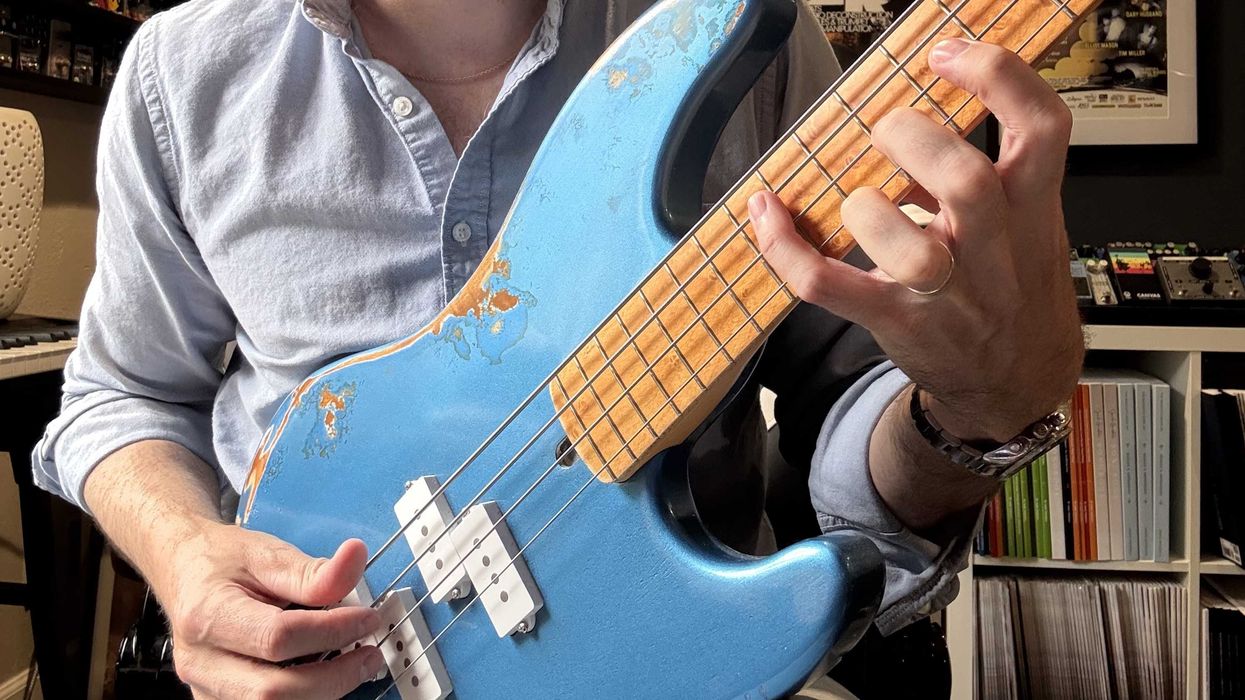Statistics are great, right? They can be used to support or debunk theories, and, on rare occasions, win or lose arguments. I recently read a story (with an accompanying bar graph) about the vocations that employed the highest and lowest percentage of people actually schooled for those jobs. At the very top of the list were classical musicians, who were right up there with surgeons and attorneys. Makes sense, right? If you imagine that decades of lessons and thousands of practice hours at the New England Conservatory or Julliard is what it takes to get a rocking position with a big-time orchestra, you’d be correct.
At the absolute bottom end of the spectrum—where many of us grovel—is the so-called “pop” musician. Rock, blues, pop, and jazz musicians are represented on the aforementioned graph with a dismally small amount of formal training. They basically reside alongside dog walkers and bloggers (ahem) in terms of relevant education. And it got me wondering: How many of us got into music and guitar while thinking about it as a job and charting out a course to achieve success? By definition, a musician is someone who performs music—especially professionally. So if it isn’t your job, what exactly is it?
I’ll wager that a lot of us were drawn to music simply because of the pleasure it brought to our lives, without much weight given to its viability as a career. With varying degrees of tolerance for structured learning, some pursue formal training through lessons from a local teacher and then move on to schools like Musicians Institute or Berklee. This route seems remarkably like an actual career plan. Still, others eschew the protocol and stiffness of “proper” schooling for the more freewheeling setting of a band/scene situation where they can be free to develop unhindered by theory and regiment.
not be known.
Either way, immersion in a musical environment can be a stimulating and rewarding path, even if the ultimate destination of that path may not be known. A paying job as a guitarist is never going to be in the cards for many, but once music is in your blood, it’s a lifetime condition. Sounds like a description of certain diseases, doesn’t it? This would explain 50-year-old men in black T-shirts ambling around a small bar stage performing “Mustang Sally” or “Enter Sandman” to a few dozen of their friends and family.
As the old joke goes, a musician is someone who will load $5,000 worth of gear into a $1,000 car to drive 100 miles to play a $50 gig. Is this the definition of pleasure? In the greater scheme of things, I submit that it is. Pursuits like skiing or bowling offer personal pleasure and demonstrate a level of skill—much like performing music. These things are routinely referred to as recreational activities and meet the criteria for hobbies. Yet playing the guitar (and music in general) is rarely called a hobby. And even though we collect gear the way Imelda Marcos hoarded shoes, I doubt that the directors at NAMM refer to it as such. There’s a good reason for that: Music is spiritual.
Music connects human beings to something larger than themselves. Perhaps a hang glider feels closer to the heavens, but his or her sense of rapture is private. Music is the only thing I can think of that envelopes everyone in a room and moves those who hear it. Your foot taps and your spirit is lifted without having to understand words. And when we make music, we become godlike for an instant. There is pleasure received for both the musician and the listener, whether we are recreating the rush of the first time we heard a guitar or potentially offering that feeling to others through the strings beneath our fingers. With the power of rhythm, harmony, and melody, we connect to each other and experience emotions.
Music allows us to feel alive—something you can’t show on a spreadsheet. And if that’s a hobby, it’s a damn good one for everybody.



